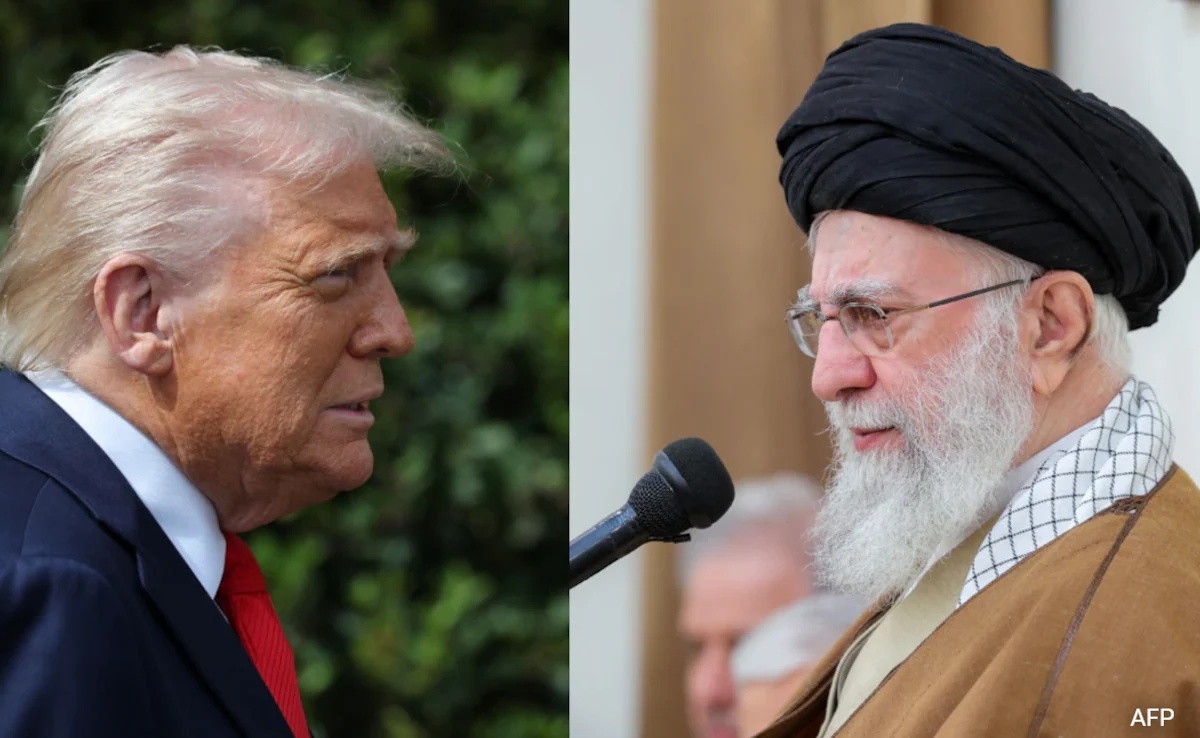Physical Address
304 North Cardinal St.
Dorchester Center, MA 02124
Physical Address
304 North Cardinal St.
Dorchester Center, MA 02124

In a high-stakes address to Gulf leaders on May 14, 2025, former President Donald Trump declared that Iran must end proxies like Hezbollah, Hamas, and the Houthis before any nuclear agreement can be reached.
Speaking at the Gulf Cooperation Council (GCC) summit in Riyadh, Trump insisted that Iran “must stop sponsoring terror, halt its bloody proxy wars, and permanently and verifiably cease pursuit of nuclear weapons.”
The message: no nuclear deal without broader regional accountability.
Key takeaway: The U.S. is tying nuclear diplomacy to Iran’s support for militant proxies.

Trump’s demand was direct: Iran must end proxies that have destabilized the region for years. He cited Hamas in Gaza, Hezbollah in Lebanon, and the Houthis in Yemen—groups widely seen as armed extensions of Iran’s foreign policy.
He emphasized that no agreement would move forward unless Iran dismantles this influence structure, and that inspections alone weren’t enough.
The demand for “permanent and verifiable” limits is now paired with an expectation of regional behavior change.
Takeaway: The U.S. is going beyond uranium—behavior on the ground now matters too.
Trump pointed to a weakening proxy network. Hezbollah’s losses in Israel, the fall of Assad in Syria, and internal strain among the Houthis have all chipped away at Iran’s regional leverage.
This, Trump argues, is proof that the strategy of economic pressure and regional isolation is working—and should continue unless Iran complies.
Repeating his stance, Trump said again: Iran must end proxies if it wants any path to sanctions relief or normalization.
Takeaway: The U.S. sees an opening—and is pressing its advantage.
Iran’s Foreign Minister Abbas Araghchi dismissed the demands as “deceitful” and accused the U.S. of double standards, especially in light of American support for Israel.
However, Tehran did not address the core issue—its support for militant proxies.
Instead, Iranian leaders reaffirmed that their nuclear program is peaceful and warned that renewed “maximum pressure” would fail.
Takeaway: Iran is deflecting—not conceding—and that may stall negotiations.

Interestingly, while Trump pressed hard, GCC nations like Saudi Arabia seem more open to diplomatic engagement with Iran than they were during the 2015 JCPOA era.
Improved Saudi–Iran relations, shifting regional alliances, and economic diversification goals have led some Gulf leaders to favor stability over confrontation—though they remain wary of Iran’s proxy activity.
Still, Trump’s line that Iran must end proxies continues to resonate, especially among nations impacted by proxy conflict.
Takeaway: Gulf nations are walking a fine line—balancing dialogue with security concerns.
The clock is ticking. Four rounds of nuclear talks have taken place since April, and Trump warned: “We’ll do it friendly—or very unfriendly.”
With Iran refusing to budge and the U.S. expanding its list of demands, the negotiations face an uphill road.
What’s clear is this: Iran must end proxies is now more than rhetoric—it’s a non-negotiable line in Washington’s diplomatic playbook.
Final takeaway: Any future nuclear deal won’t just be about uranium—it’s about regional power too.
Get the Daily News Without B.S. Report—clear, concise news with zero noise. Straight to your inbox.